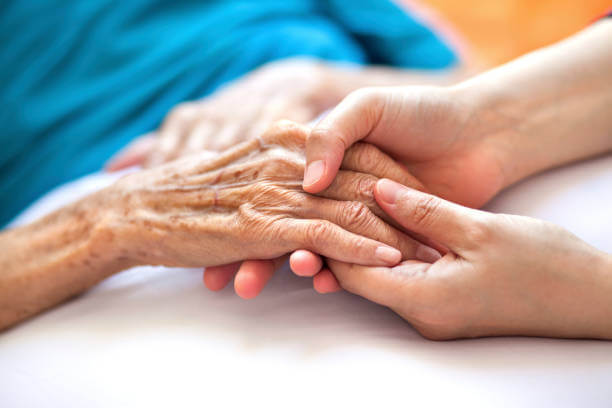The elderly driver who recently struck Reese Witherspoon with her car will not face criminal charges, but police have ordered her to retake her driver’s test to see if she shows signs of diminished driving capabilities.
The 84-year-old Santa Monica resident will most likely need to take a written test, have an eye and hearing examination, and submit to a practical, behind-the-wheel evaluation. She may also need to supply the Department of Motor Vehicles with a list of medication she’s taking.
The discussion of revoking driving privileges for the elderly is a sensitive one. Not all elder drivers pose a risk (in fact, some studies show that mature drivers have better driving records than younger drivers,) but once the driver reaches the age of 80 and older, crash rates increase. And of course, as the population ages, it is anticipated that the number of drivers age 85 and over in 2030 will be four times greater than today.
Safety concerns should prevail, for both the senior driver and potential accident victim. And although driving means more independence and autonomy for the elder, aging may indeed affect safe driving abilities. By the same token, however, elderly driving skills vary and uniformly revoking drivers licenses based on age alone is unfair.
AAA offers a Senior Driver Portal to help measure the driving skills and needs of the elderly driver. Caregivers need to evaluate the senior driver’s competence and if safety is an issue, steps need to be taken.
Guest blogger and Geriatric Care Manager Charlotte Bishop discusses “The Talk” about giving up the car keys in her most recent blog post. She gives some solid suggestions about how best to broach this potentially awkward subject with the elders in your life.
If you still find resistance, remember that each state’s DMV has its own Senior Drivers License Laws. And if your elder can no longer drive, you can certainly hire a qualified caregiver to chauffeur and run errands if you are unable.







